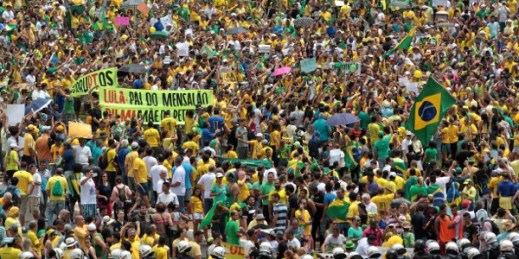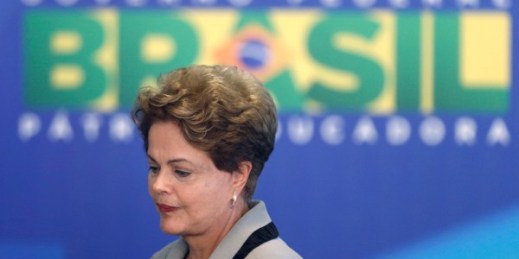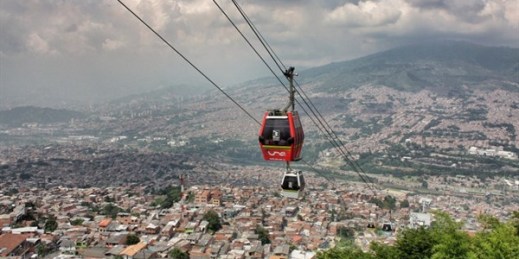
Dilma Rousseff has faced worse. Nothing that happens to her as president of Brazil could compare with the physical pain inflicted on her by professional torturers from the military dictatorship she fought to topple as a young revolutionary. But now that she is the one holding power, she is facing an avalanche of troubles, including the wrath of the people, the perils of a global economy and the stubbornly uncooperative forces of nature. Sadly for Rousseff, all signs indicate her problems are only about to grow worse. The dire signals started emerging a long time ago. But the evidence that […]


